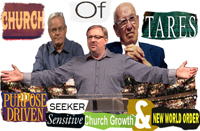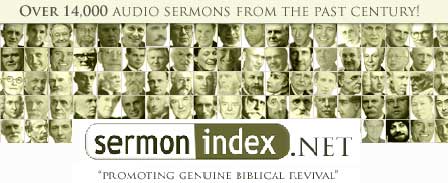Jerald Washington and Elliott Nesch will be discussing The Emergent Church, and its leaders are the Sons of Belial (Sons of lawlessness), on how their plunging Post Modern American Christianity into the “great falling away” the Bible prophesied and warned about which leads a people into the One World of Religion of Anti-christ.








 Conceived in Rape & Other Exceptions
Conceived in Rape & Other Exceptions  Zeitgeist Refuted Final Cut
Zeitgeist Refuted Final Cut  Real Roots of the Emergent Church
Real Roots of the Emergent Church  Church of Tares
Church of Tares